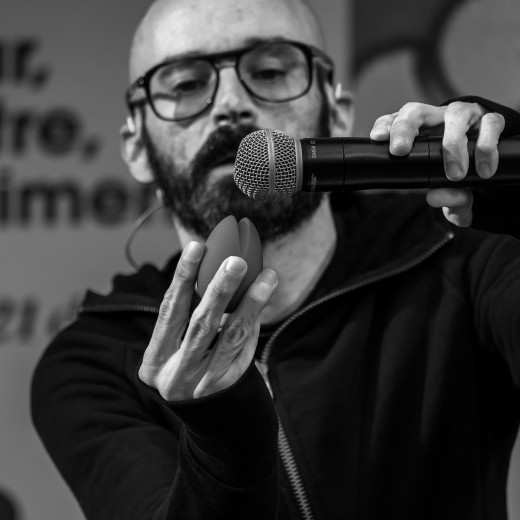The Dark Blooms
Original title: Los brotes negros
A broken self-portrait, a notebook of psychic suffering that clearly describes the symptoms and intensity of a prolonged anxiety disorder and the dark way that it blooms.
What’s left of a person when they write,“my head is my enemy?”
A broken self-portrait, a notebook of psychic suffering, or the re-telling of the life of an ex: an ex-workaholic, ex-partner, and ex-member of the Mentally Sane Club. Los brotes negros—which could just as easily be titled The Good Tear Ducts, clearly describes the symptoms and intensity of a prolonged anxiety disorder, and the dark way that it blooms: the desperation phases, the rage episodes, the suicidal ideations.
Something more or something less than an individual, what is drawn here is an experimental subject—“let’s see if this other pill has an effect”— whose biorhythms, altered to the point of collapse, manifest through the exalted speed of production, profession, and capital.
A broken self-portrait, a notebook of psychic suffering that clearly describes the symptoms and intensity of a prolonged anxiety disorder and the dark way that it blooms.
What’s left of a person when they write,“my head is my enemy?”
A broken self-portrait, a notebook of psychic suffering, or the re-telling of the life of an ex: an ex-workaholic, ex-partner, and ex-member of the Mentally Sane Club. Los brotes negros—which could just as easily be titled The Good Tear Ducts, clearly describes the symptoms and intensity of a prolonged anxiety disorder, and the dark way that it blooms: the desperation phases, the rage episodes, the suicidal ideations.
Something more or something less than an individual, what is drawn here is an experimental subject—“let’s see if this other pill has an effect”— whose biorhythms, altered to the point of collapse, manifest through the exalted speed of production, profession, and capital.
